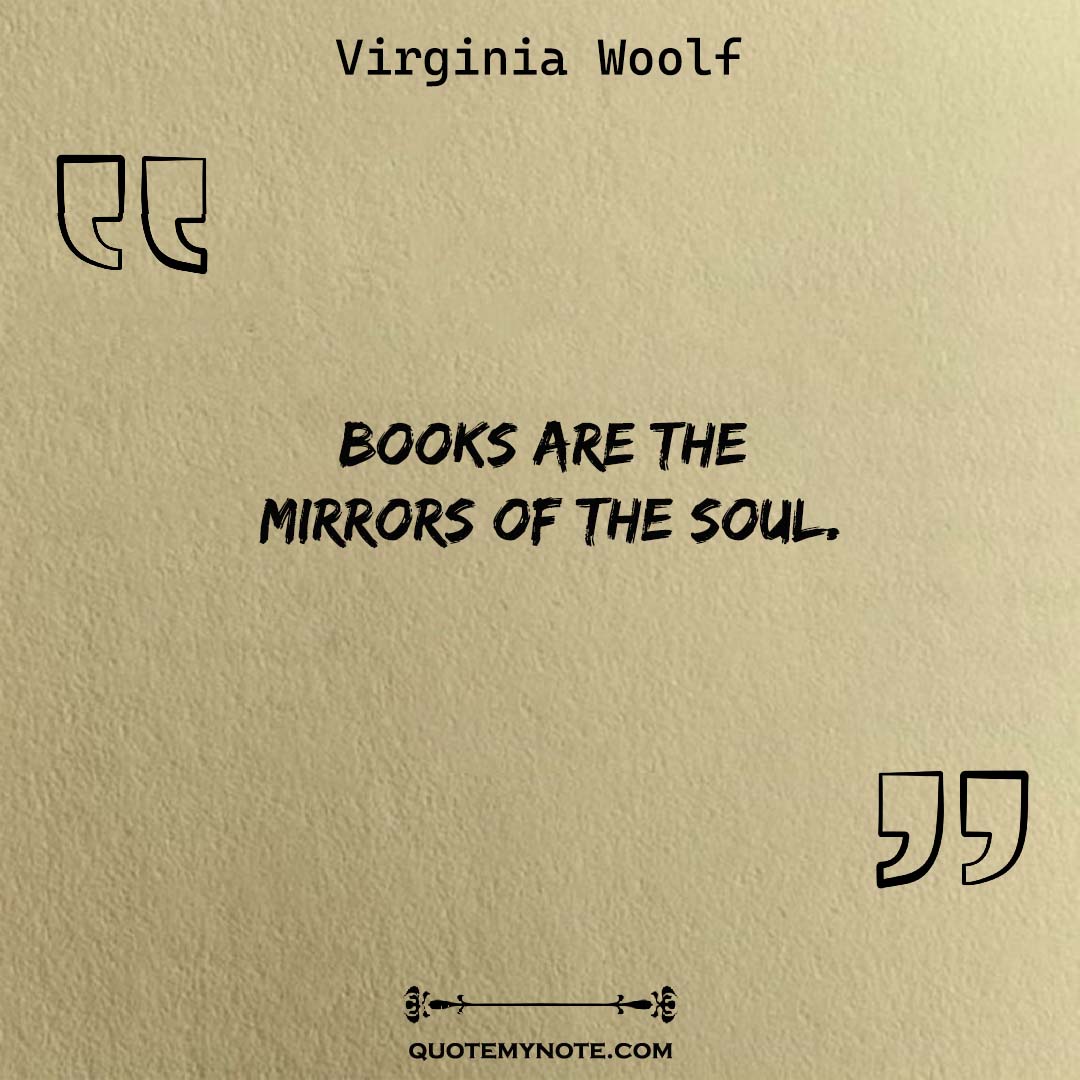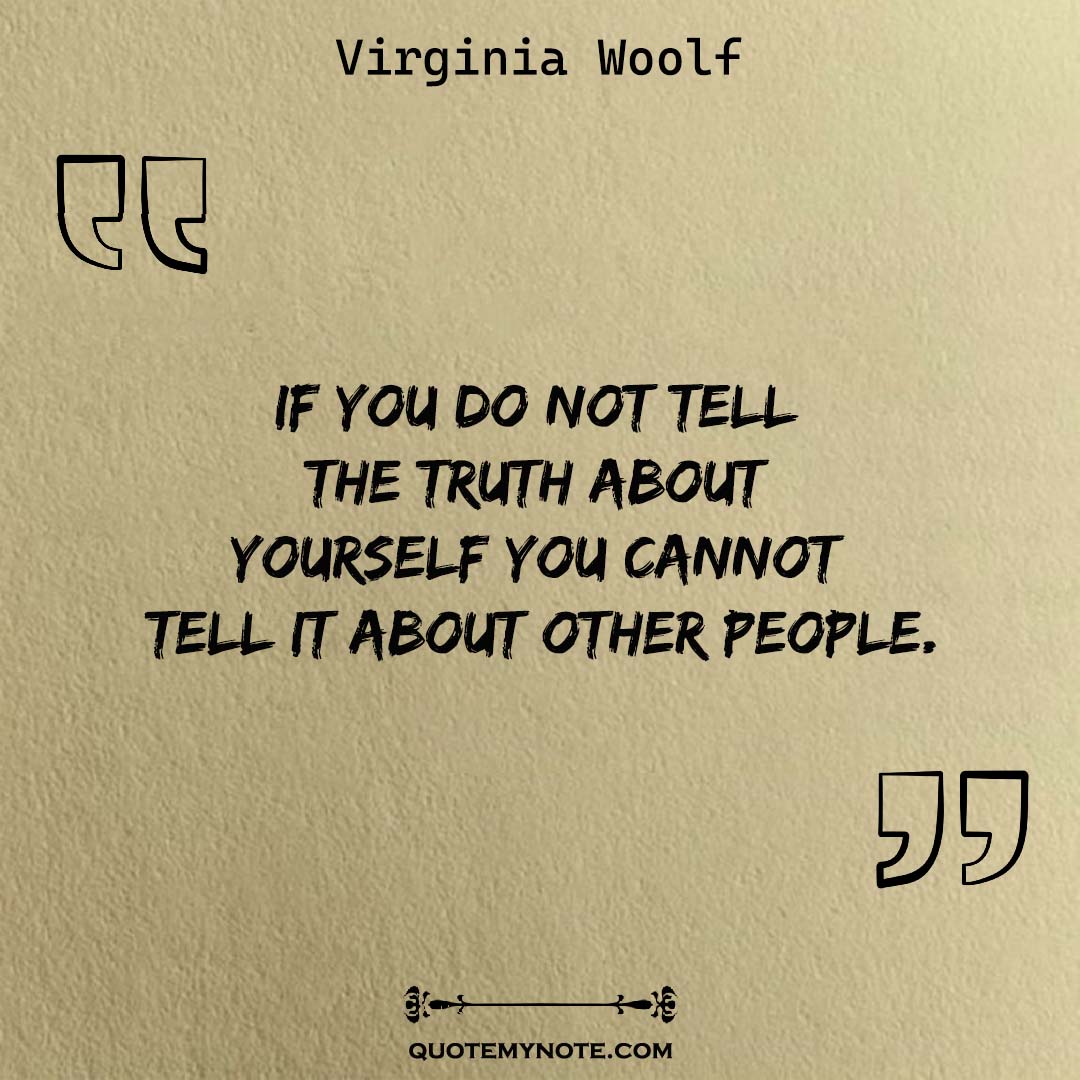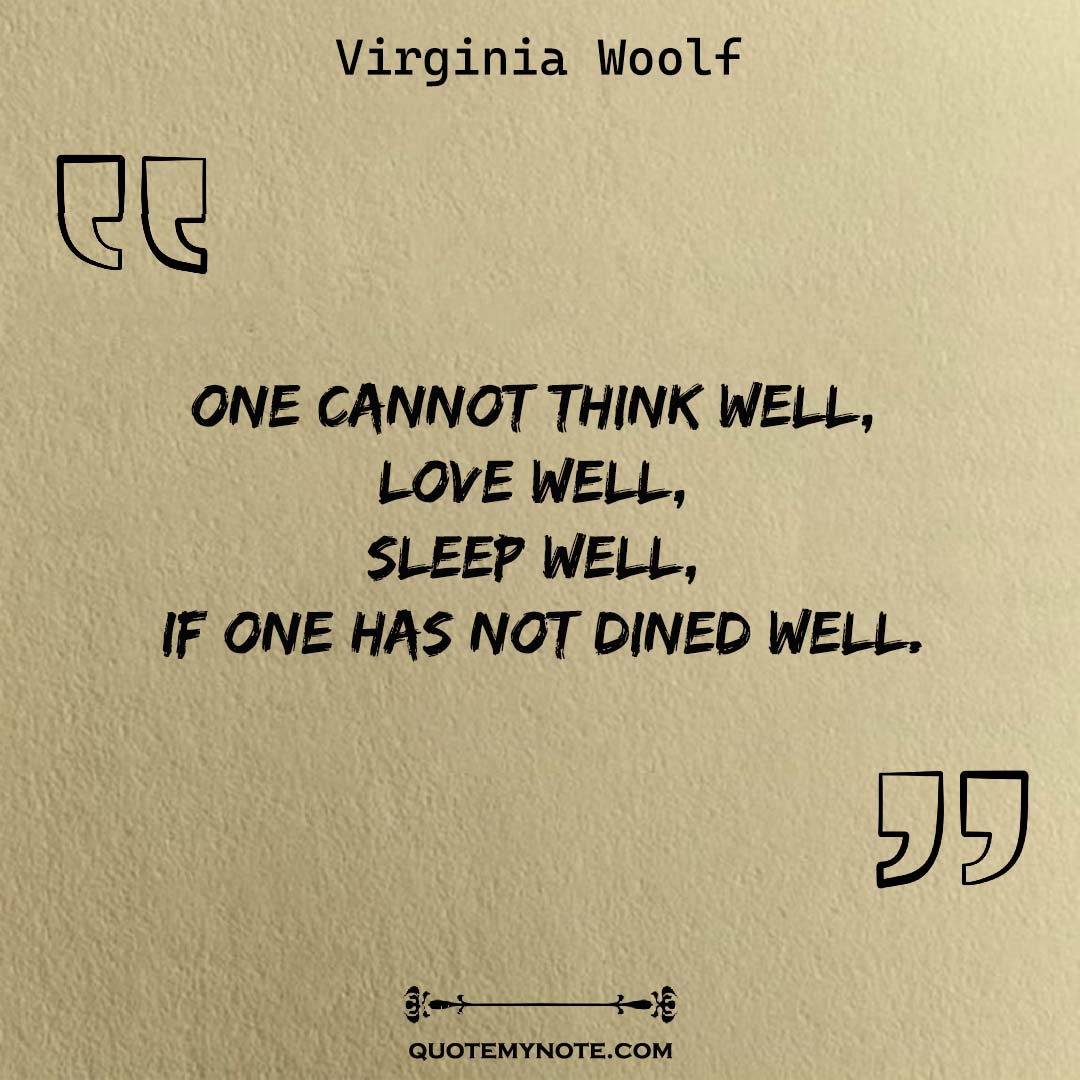Virginia Woolf Quotes for Inspiration and Motivation

Virginia Woolf: A Pioneer of Modern Literature
Virginia Woolf (1882-1941) was a renowned English author, essayist, and feminist who left an indelible mark on modern literature. Born Adeline Virginia Stephen in Kensington, London, she was the seventh child of a literary family.
Early Life and Influences
Woolf's early life was marked by tragedy, including the death of her mother and the subsequent mental breakdown of her father. She suffered from depression and mental illness throughout her life. Despite these challenges, Woolf was educated at home, where she developed a passion for literature and writing.
Literary Career
Woolf's writing career spanned over three decades, during which she published nine novels, several short stories, and numerous essays. Her early works, such as The Voyage Out (1915) and Night and Day (1919), were conventional novels. However, with the publication of Jacob's Room (1922), Woolf began to experiment with non-traditional narrative structures and styles.
Some of her notable works include:
- Mrs. Dalloway (1925)
- To the Lighthouse (1927)
- Orlando (1928)
- A Room of One's Own (1929)
- The Waves (1931)
Feminism and Legacy
Woolf was a pioneering feminist who advocated for women's rights, education, and equality. Her essays, such as A Room of One's Own and Three Guineas (1938), are considered landmark feminist texts.
Woolf's innovative writing style, which blended elements of modernism, stream-of-consciousness, and lyricism, has influenced generations of writers. Her legacy extends beyond literature to the fields of feminist theory, cultural studies, and philosophy.
Personal Life and Later Years
Woolf married Leonard Woolf in 1912, and the couple established the Hogarth Press in 1917. Through the press, they published many of Woolf's works, as well as those of other notable authors, including T.S. Eliot and E.M. Forster.
Woolf struggled with mental illness throughout her life and took her own life on March 28, 1941, at the age of 59.
Beautiful and Inspirational Quotes by Virginia Woolf

I would venture to guess that Anon, who wrote so many poems without signing them, was often a woman.
Virginia Woolf
Lock up your libraries if you like; but there is no gate, no lock, no bolt that you can set upon the freedom of my mind.
Virginia Woolf


Books are the mirrors of the soul.
Virginia Woolf
Conclusion
Virginia Woolf's contributions to literature, feminism, and modern thought are immeasurable. Her innovative writing style, her advocacy for women's rights, and her exploration of the human experience have left a lasting impact on literature and beyond.